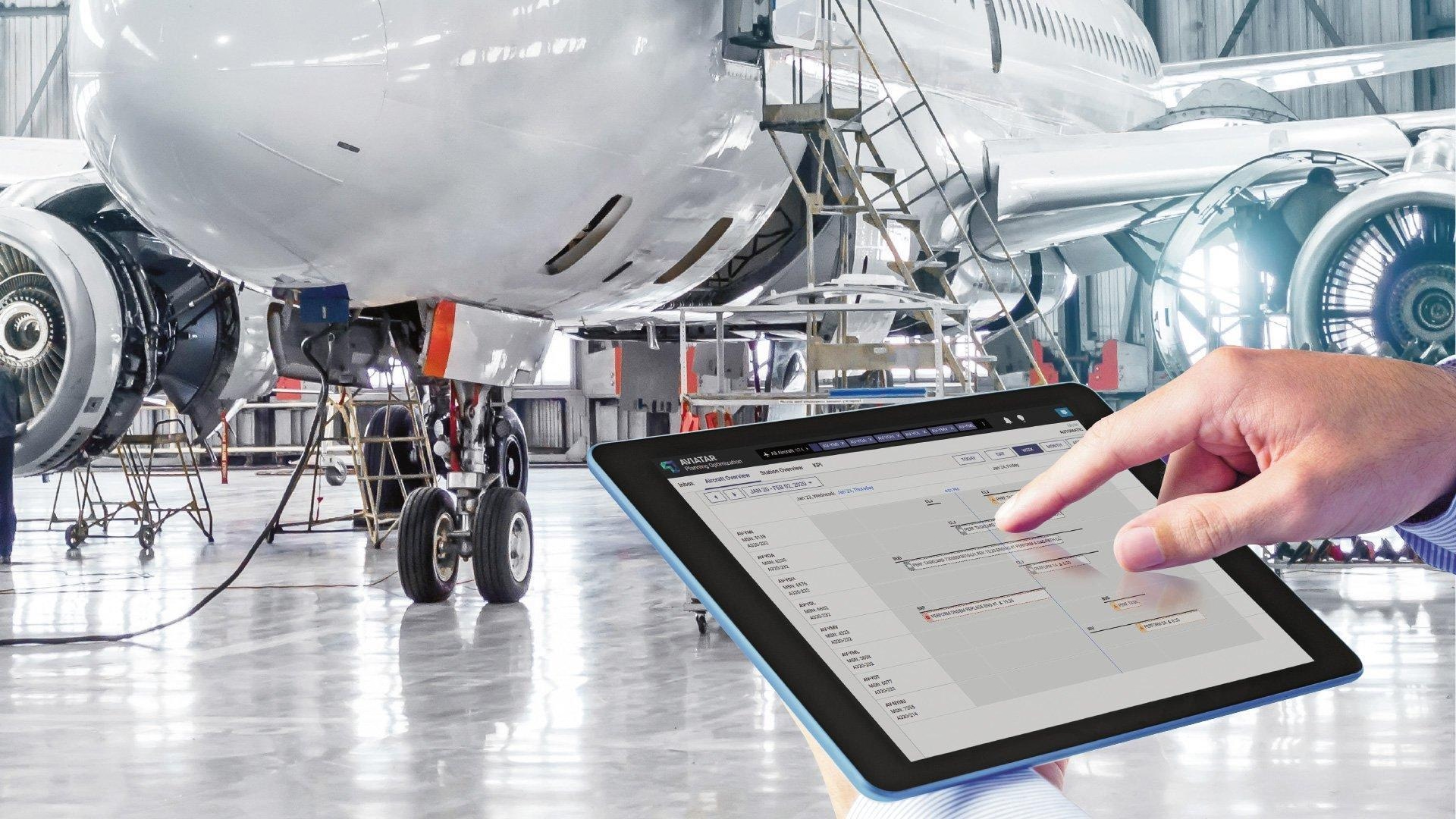AeroGenie — Votre copilote intelligent.
Tendances
Categories
Wizz Air partners with Aerogility to streamline aircraft maintenance planning

Wizz Air Partners with Aerogility to Enhance Aircraft Maintenance Planning
Wizz Air has announced a strategic collaboration with Aerogility, a specialist in AI-driven digital twin technology, aimed at modernising and streamlining its long-term heavy base maintenance planning. As the airline prepares to double its fleet from over 200 aircraft within the next five years, it will utilise Aerogility’s model-based artificial intelligence to integrate new aircraft efficiently and optimise maintenance schedules for both existing and future assets. This advanced technology enables Wizz Air to anticipate maintenance requirements for aircraft not yet in service, facilitating more agile and informed operational planning.
Digital Twin Integration and Predictive Maintenance
Aerogility will create a comprehensive digital twin of Wizz Air’s maintenance operations, delivering predictive forecasts by analysing factors such as aircraft utilisation, operational constraints, and resource availability. This data-driven model will be integrated into Wizz Air’s current AMOS platform, allowing the airline to schedule heavy base maintenance activities—including C and D checks and powerplant servicing—at optimal intervals. The objective is to reduce maintenance-related downtime and costs while maximising aircraft availability and operational efficiency.
Adrian Lecea, Long Term Planning Manager at Wizz Air, highlighted the critical role of advanced planning tools amid the airline’s rapid expansion. He stated, “With plans to double our fleet in the next five years, sophisticated maintenance planning solutions are essential. Aerogility not only enhances our current fleet planning but also enables us to plan for the next decade, ensuring our MRO capacity and fleet availability. The AI platform allows us to simulate various maintenance scenarios, supporting highly accurate and forward-looking decisions.”
Strategic Implications and Industry Context
This partnership arrives at a pivotal moment as Wizz Air accelerates growth to meet increasing passenger demand. By adopting Aerogility’s intelligent forecasting and planning capabilities, the airline aims to reinforce its commitment to safety, sustainability, and operational excellence while effectively managing the lifecycle of its expanding fleet. The collaboration underscores Wizz Air’s proactive approach to leveraging advanced technology to enhance operational efficiency and adaptability in a competitive aviation market.
Nonetheless, integrating Aerogility’s technology into existing systems and managing the associated costs may pose challenges. As Wizz Air advances this initiative, competitors may respond by upgrading their own maintenance strategies or forming similar partnerships with technology providers. Industry observers will closely monitor the potential for cost efficiencies and operational improvements resulting from this development.
By embracing digital twin technology, Wizz Air positions itself to streamline maintenance processes and improve its capacity to forecast and respond to evolving industry demands. This strategic move reflects the airline’s dedication to maintaining a modern, reliable fleet and delivering high-quality service to passengers worldwide.

Emirates Unveils Cabin Design for New Boeing 777X

Eighteen Years On, the Airbus A380 Remains Central to a $34 Billion Airline

How a boom in luxury airline seats is slowing down jet deliveries

Navitaire Outage Attributed to Planned Maintenance

DigiYatra Debuts Outside Aviation at India AI Impact Summit

Vietnam Orders Strengthen Boeing’s Commercial Outlook

Airbus Signals Uncertainty Over Future A400M Orders

JobsOhio Awards $2 Million Grant to Hartzell Propeller for Innovation Center

Collins Aerospace Tests Sidekick Autonomy Software on YFQ-42A for U.S. Air Force CCA Program

How the Airbus A350-1000 Compares to the Boeing 777
